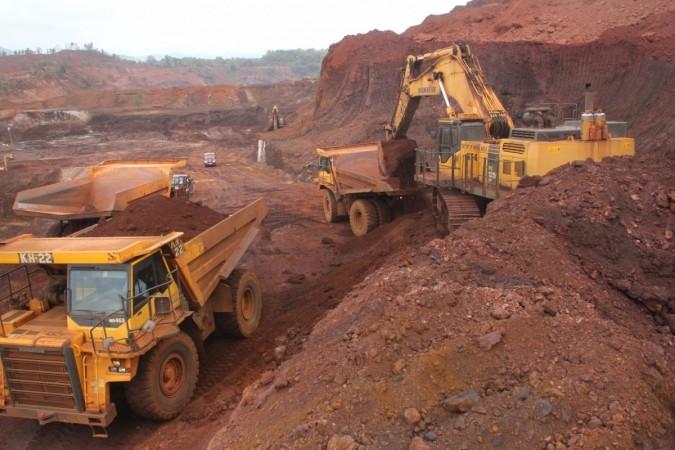
Marred by liquidity crises and foreign exchange issues, African nation are resorting to centuries-old barter system to keep up with development in the region. Three African countries -- Zambia, Ghana and Rwanda -- have said they would export minerals to India in return for infrastructure development at home.
As reported by Business Standard, copper and gold are commodities that are expected to be the part of barter deal. Two Indian companies Ircon International and the State Trading Corporation of India (STC) are in discussion with these countries for a commodity-project swap deal.
One of the sources confirmed STC is doing a detailed study to identify countries in Africa where India may look for an agreement on the barter deal. The official said: "It appears business in future will happen through barter. Every country is facing issues with foreign currency. India will build projects and we will be getting goods in return." Indian railways owned IRCON will be building the projects while the STC, under the ministry of commerce, will be looking for a feasible mechanism to import the minerals from the African nations.
"We are in talks with these countries for such a deal. However, it is yet to be finalized," said Ircon's Chairman and managing director.
Notably, Zambia is one of the world's leading producer of cobalt next only to the Democratic Republic of Congo, which accounts for nearly 60 percent of global cobalt production. Moreover, Zambia also has considerable reserves of minerals like copper, platinum and gold.
Similarly, Ghana is Africa's largest producer of gold and also has significant reserves of bauxite, manganese and diamonds. Further, Tin, tantalum, and tungsten are also found in good amount in Rwanda. As per the industry experts, a barter deal is beneficial for India as it will give immediate returns as against long-term line of credit (LOC) which takes decades for repayment.
This is not the first times India is involving in such a barter deal. In the early 2000s, India imported palm oil from Malaysia in exchange for building a railway line. Africa has become major area of India's foreign policy. Every year, the government is increasing its assistance to the African countries through grant assistance, LOCs, and concessional financing schemes.











